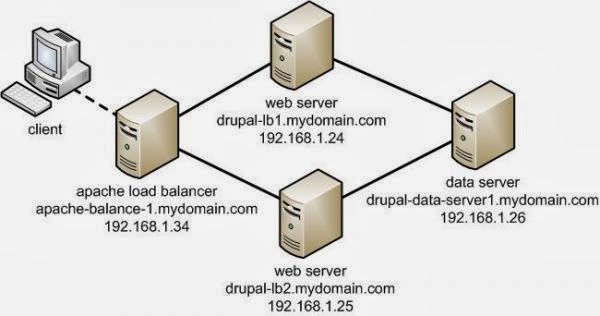PHP Ratel class in Drupal 7 - Ratel is a spam bot, Remove it.
Here is what I found:
- We have a Drupal 7 website that has a frontend that load very slowly (> 15 seconds per load, sometimes). A performance problem.
- It looks like it is trying to call some remote URL/APIs that causes the timeout problem.
- Our colleague did a research by installing a PHP profiling tool called xhprof to do profiling on the page.
- It turns out that there is a PHP class called "Ratel" that takes quite a long time to execute.
- However, even if we are doing a code-scan, we can't even see a file that contains the word "Ratel"
- Thanks to this article, and this gist, it turns out that there is a SEO spam bot that is executed ONLY when you are login to the site.
- In other words, you will see this performance problem more likely when you are logging in to Drupal.
- I recommend you to read the article above.
- I wonder, this is not just affecting Drupal, but mainly on Wordpress, as mentioned in the article above.
Here is how to solve:
- Once I know how this bot works, I quickly located a .jpg file (named a.jpg) that is actually a PHP script.
- You open this file via text editor, and you will see the code.
- There are two reasons (to us) why you can't find this code
- Since this is an "image uploading attack", your text editor will not scan image.
- Which means, if you are doing a grep or code scan and you only search for *.php, *.txt or other "text" files, you will not find anything.
- This Ratel class is base64_encode(), which means, again, you cannot find it even if it is not .jpg.
- To quickly fix this, you can either
- Trace the source and see which function is calling this file, and remove the malicious code.
- Or you edit the .jpg file using text editor and simply comment out the code that execute the function (in order to make it not running)
- Hola! You fix the problem.
Lesson learned:
- Update your software, when you can
- If you scan your code again and again and you cannot find anything, chances are the code is hiding from you. And normally it is via base64_encode() or other functions. Take a look at that.
- Normally when you spot a problem, but you cannot find the code that causes it even if you have done a code-scan, chances are very high that your website is exploited/attacked/hacked. This would be a serious problem and you need to pay serious attention to it. This is not an easily ignored small incident.
- Nowadays spammers/hackers are so smart to hide the code from any text file, but other commonly ignored files, like .jpg, .png or others (because they are programmer!). Take a look at that if you don't have any idea.
- Do not allow executing any PHP in image directory, there is a config in Apache .htaccess which can do that. I saw that in iTheme Security, in which there is a config for that. Not sure if Nginx can do that, but I think so.
- Install necessary tool to do profiling. In this case my colleague used xhprof
- There are another PHP native functions called debug_backtrace() and debug_print_backtrace(). It will show how a PHP program is executed. You can always see how things work.
Hope it helps someone.

Comments